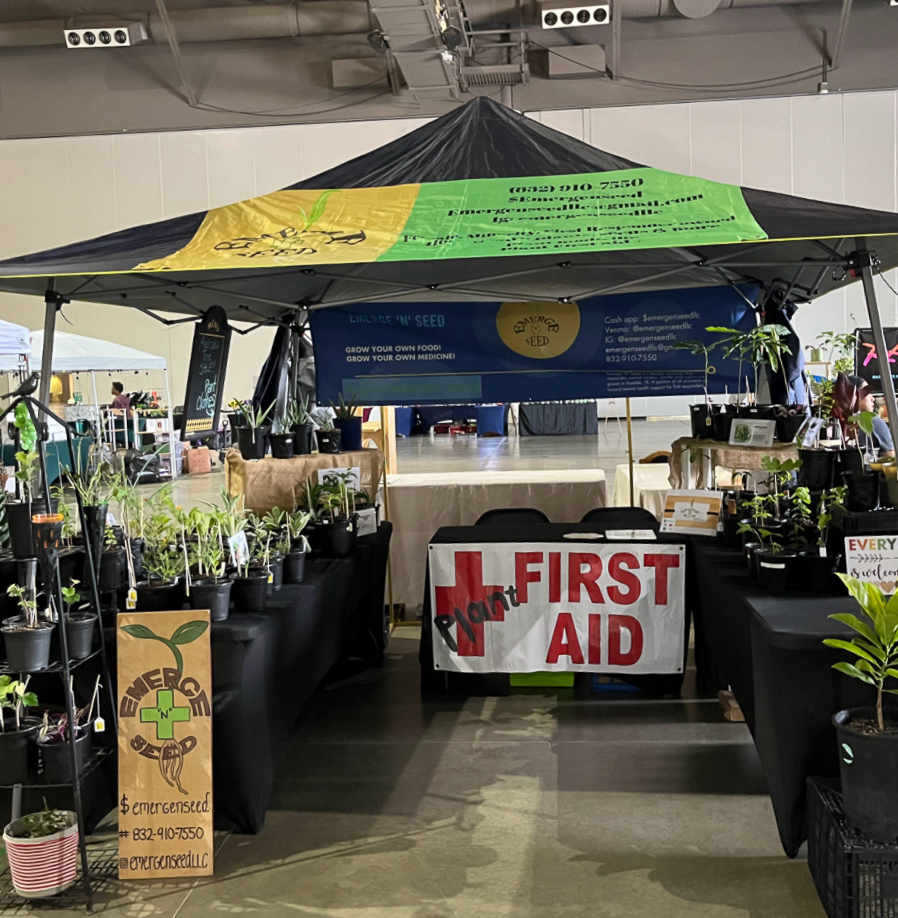 from the Seattle PI highlights these issues.
from the Seattle PI highlights these issues. A recent and tragic accident at a refinery in Anacortes, Washington makes these concerns all too real. An explosion killed 5 people and critically injured two more and many speculate it was due to poor safety regulations.

Adding worry to the issue is the fact that these plants are what Barack Obama called in 2006, "stationary weapons of mass destruction". The Seattle PI Article claims there are approximately 6,000 plants in need of special security provisions, yet only 12 are currently under inspection. Furthermore, many federal programs are full of delay that keeps us from being much further along than we should be.
The security concerns for these plants an important issue, but what about the environmental impacts of an incident? Be it from a threat or accident, incidents at these chemical plants are usually quite severe. The recent accident in Anacortes shows that even a small explosion can have disastrous consequences. Events that result in zero loss of life, such as the Exxon Valdez spill, had terrible effects not only on the local wildlife, but the fishing and tourism industries.
How big are these security and safety concerns for chemical plants? It may be difficult to tell now, but the environmental and economic impacts of potential chemical accident are not. Do you think we need to make significant steps towards improving both the safety and security of chemical plants? Is this a lost cause? Are there too many plants for this to be a realistic goal? Share you thoughts below
">




















